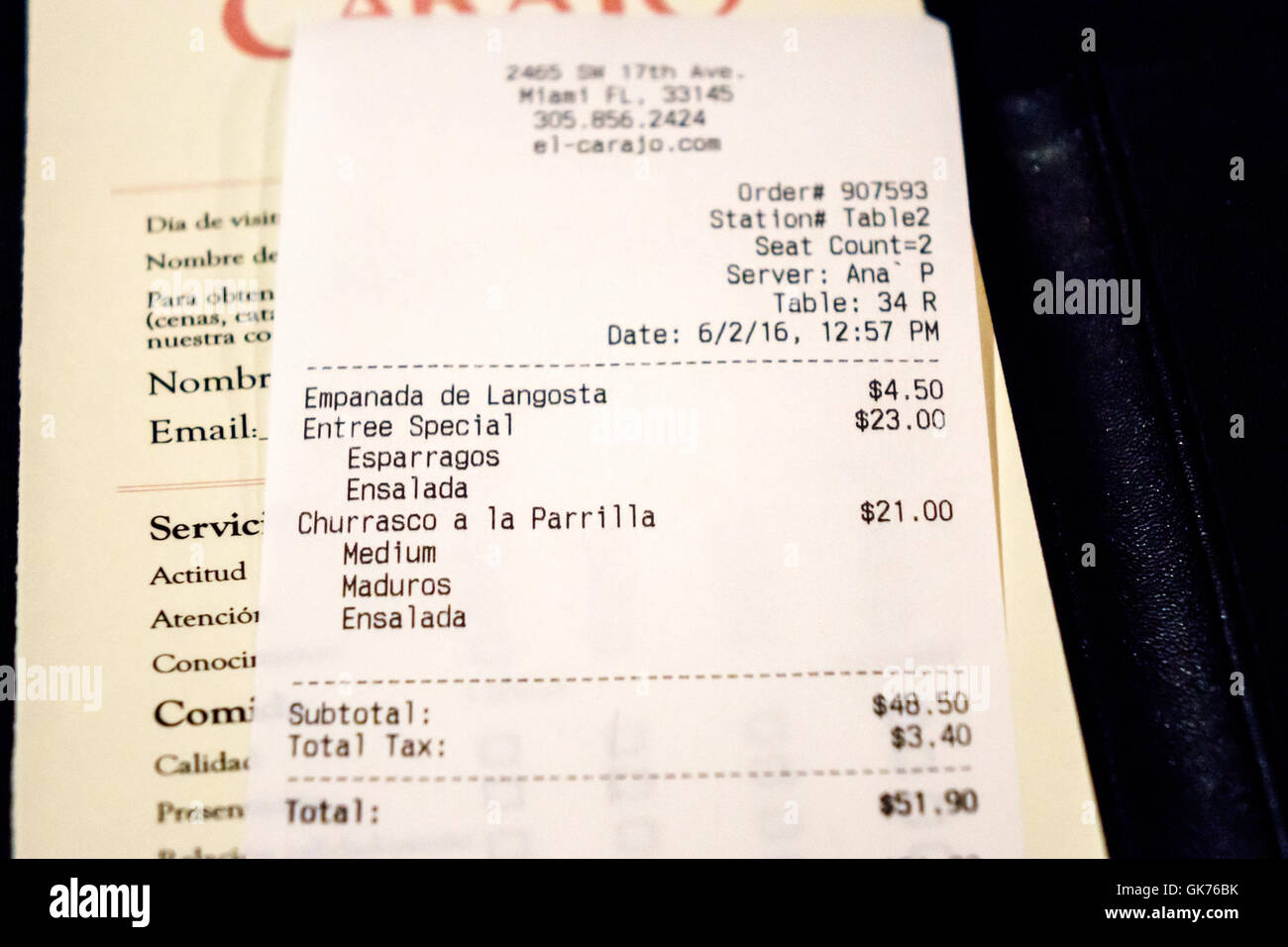Bill in spanish language – Embark on a linguistic journey as we delve into the complexities of “bill” in Spanish. This multifaceted term holds a myriad of meanings and nuances, deeply embedded within the tapestry of Spanish-speaking cultures.
From its formal and informal variations to its diverse usage in everyday life and official documents, we unravel the intricacies of “bill” in a captivating narrative that illuminates its cultural significance and historical evolution.
Terminology
The literal translation of “bill” in Spanish is “factura”. However, there are several different forms of “bill” in Spanish, depending on the context.
Formal Variations
In formal contexts, the following terms are commonly used:
- Factura: This is the most common term for a bill in Spanish. It is typically used for invoices and other financial documents.
- Recibo: This term is used for receipts, which are issued as proof of payment.
- Nota de débito: This term is used for debit notes, which are issued when a customer owes money to a business.
- Nota de crédito: This term is used for credit notes, which are issued when a business owes money to a customer.
Informal Variations
In informal contexts, the following terms are sometimes used:
- Cuenta: This term can be used to refer to a bill or an invoice.
- Vale: This term can be used to refer to a receipt.
Usage

In Spanish-speaking countries, the term “bill” has a wide range of applications in various contexts, including financial transactions, legal documents, and everyday conversations.
Formal Documents
In formal settings, “bill” is commonly used to refer to:
- Invoice (Factura):A document issued by a seller to a buyer, detailing the goods or services provided, along with the amount owed.
- Bill of Exchange (Letra de Cambio):A written order that instructs a bank or other financial institution to pay a specified sum of money to a named payee.
- Promissory Note (Pagaré):A written promise to pay a specified sum of money on a certain date or on demand.
Everyday Conversations
In everyday conversations, “bill” is often used to refer to:
- Restaurant Bill (Cuenta):The itemized list of food and drinks consumed at a restaurant, along with the total amount due.
- Utility Bill (Factura de Servicios):A monthly statement that details the charges for utilities such as electricity, water, and gas.
- Telephone Bill (Factura Telefónica):A statement that Artikels the charges for telephone services, including calls, text messages, and data usage.
Related Terms: Bill In Spanish Language
In Spanish, there are several words and phrases that are related to the concept of a bill. Each term has its own specific nuances and usage, depending on the context.
One common term for “bill” in Spanish is “factura.” A factura is a detailed document that Artikels the goods or services provided, along with the corresponding charges. It typically includes information such as the date, customer name, itemized list of goods or services, quantity, unit price, and total amount due.
Invoice
Another term for “bill” in Spanish is “invoice.” An invoice is similar to a factura, but it is typically used in international trade. It serves as a request for payment for goods or services that have been shipped or provided.
Invoices typically include information such as the date, invoice number, customer name and address, supplier name and address, itemized list of goods or services, quantity, unit price, total amount due, and payment terms.
Receipt
A receipt (“recibo” in Spanish) is a document that acknowledges the payment of goods or services. It typically includes information such as the date, customer name, itemized list of goods or services, quantity, unit price, total amount due, and amount paid.
Receipts are often used as proof of purchase or payment.
Cultural Considerations

The concept of “bill” in Spanish-speaking societies is influenced by various cultural factors that shape its usage and significance.
In many Spanish-speaking cultures, there is a strong emphasis on personal relationships and social obligations. This can influence the way bills are handled, with individuals often prioritizing the maintenance of positive relationships over strict adherence to payment deadlines. Additionally, there may be cultural norms surrounding the act of paying bills, such as the expectation of using cash or the preference for face-to-face transactions.
Varying Concepts of “Bill”, Bill in spanish language
The concept of “bill” may differ from other cultures in terms of its scope and inclusiveness. In some Spanish-speaking societies, the term “bill” may encompass a wider range of expenses, including household expenses, personal expenses, and even charitable donations. This broader definition reflects the cultural emphasis on collective responsibility and the sharing of financial burdens within families and communities.
Historical Evolution

The term “bill” in Spanish has undergone several changes in meaning and usage over time. Originally derived from the Latin word “bulla,” which referred to a sealed document or edict, the term “bill” (Spanish: “billete”) initially carried a similar connotation in Spanish.
During the Middle Ages, “billete” was commonly used to refer to official documents, particularly those issued by royal authority. These documents often contained important announcements, decrees, or grants of privilege. Over time, the term came to be associated with a wider range of written documents, including letters, notes, and receipts.
Modern Usage
In modern Spanish, “billete” primarily refers to banknotes or paper currency. This usage emerged during the 19th century, as paper money became increasingly prevalent. The term “billete” is also used to refer to tickets, such as those used for travel or admission to events.
Last Recap

In conclusion, our exploration of “bill” in Spanish has unveiled its profound significance within Spanish-speaking societies. Its cultural nuances, historical evolution, and diverse usage paint a vivid portrait of a term that transcends mere financial transactions, becoming an integral part of everyday life and a testament to the richness of the Spanish language.
FAQ Summary
What is the literal translation of “bill” in Spanish?
The literal translation of “bill” in Spanish is “factura.”
What are the different forms of “bill” in Spanish?
There are various forms of “bill” in Spanish, including “factura” (formal), “cuenta” (informal), and “recibo” (receipt).
In what contexts is “bill” used in Spanish-speaking countries?
“Bill” is used in a variety of contexts in Spanish-speaking countries, including purchases of goods and services, utility bills, and restaurant bills.